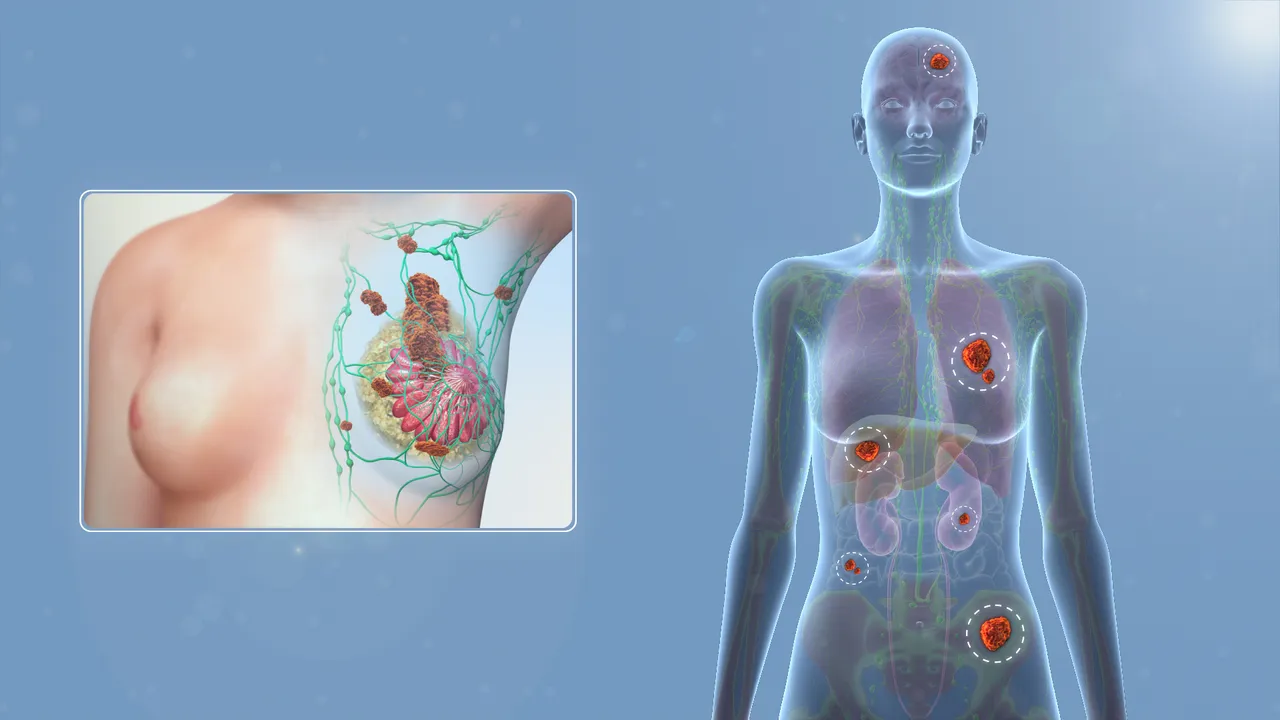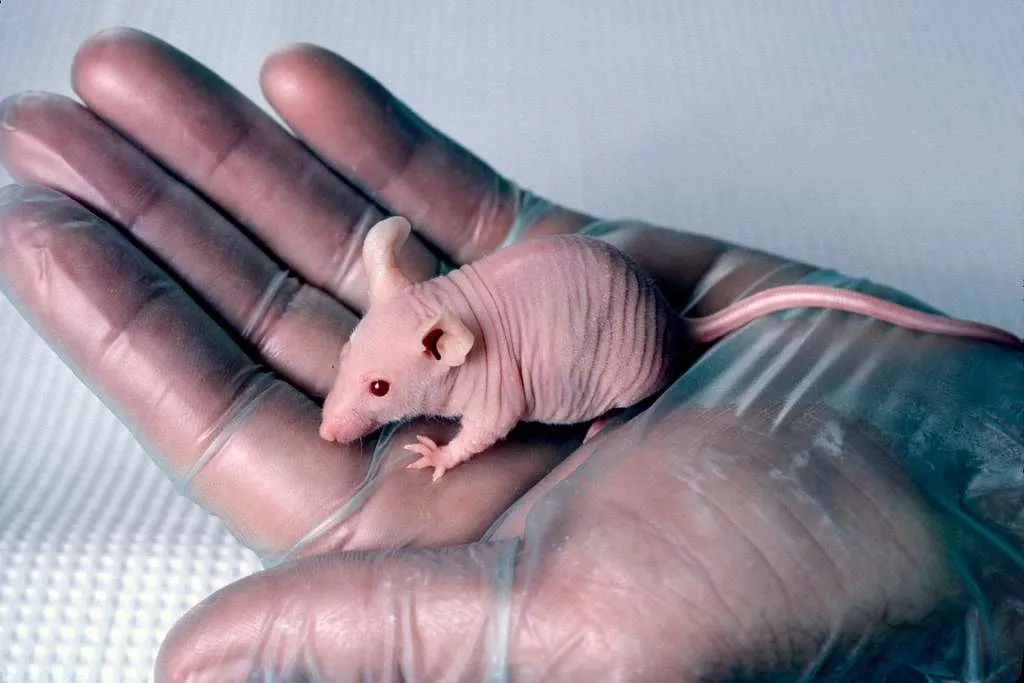All living animal comes from one cell but we became multicellular organisms of different shapes and sizes. Although we have become complex creatures, our cells are able to do this because they are able to copy themselves, divide, and transform continuously so as to be able to build complex bodies which could be tissues, organs, and then become system. This cells can range from millions in Ants to hundreds of trillions in larger animals like whales and for we humans, we are made up off about 37 trillion cells.
Scientists concludes that cells in the human body divides creating about 10 million billion copies in a person's lifetime and every cell division carries a risk of error during creation or what we refer to as mutation. Most of these mutations are harmless some can become very big problem as they destroy the genetic program and machinery of the cells causing the cells to divide uncontrollably since they already control its mechanism. We refer to this as Cancer.
If we look at research surrounding humans, we will see that the longer a person live the more likely they are to develop cancer, also research has shown that an 10cm taller a person is have a a 10% increase in the chance of cancer, so logically speaking, bigger animals and animals who live long should also have an increased chance of cancer. There shouldn't be a reason to doubt this mathematics because with larger body means more cells, which means higher cell division which would mean a higher chance of mutation and so larger animals like elephants and whales (blue whale) should have the cancers but is this so?
Let's throw away our logic because these animals do not have cancers leading to a puzzle known as Peto's paradox. With the Peto's paradox some things are looked at for instance even though mice are smaller than humans and live for about 30 days, they have almost the same rate of cancer. This has also shown that unlike we would have thought with numbers of cells and division rate in association with animal size, cancer rate doesn't follow suit. So why does this happen?
For cells to become cancerous, it usually take more than one mutation and more than one type of cancer causing (Oncogenic) genes. When these genes create a change in cells, they cause the cell replication to happen faster and uncontrollably. Some researchers say that larger animals have been able to detect and correct mutated cells before they become a big problem. This is because there are genes that keep cells from multiplying unending, they are known as tumor suppressor genes. The job of these gens are to prevent cells from further dividing or they can tell the cells to self-destruct.
Back to a reason why larger animals do not have cancer, scientist found that in elephant, there were 20 copies of the p53 tumor suppressor gene compared to us who have just 1 copy of the gene which means that compared to us, the elephant gene is able to prevent the occurrence of a tumor 20 times more than humans. Another thing that scientists found out was that larger animals have slower metabolic rate compared to smaller animals casing smaller animals to create more DNA damaging byproducts causing them to have more mutations per cells while larger animals have fewer mutations per cells.
But another thing that scientists have attributed to cancer causes is what we eat and it has been seen that mammals that eat other mammals tend to have higher cancer rate and cancer death. Our current lifestyle is also a contributor to why we are having an increased rate of cancer as humans with inactivity, and the type of food we eat. Being fat alone put a human at risk of having about 13 different types of cancer. Also, pollution is another factor for cancer as chemicals which are carcinogens play a role over 70% of possible risk cause and this act of us also affect other animals including large ones.
Okay, it isn't like scientists have been able to put animals like the blue whale under a scan so there are chances that they might develop cancers but these cancer cells do not kill them. We would agree that for large animals, the tumor that will affect their health needs to be gigantic. With the entire thing that I have been writing, scientists are trying to learn how these animals do not die of cancer so we can be able to learn and develop ways for us to survive and not die from cancer.
Read More
https://www.nature.com/articles/nature.2015.18534
https://www.nature.com/articles/s41586-021-04224-5
https://www.ncbi.nlm.nih.gov/pmc/articles/PMC3060950/
https://bmcbiol.biomedcentral.com/articles/10.1186/s12915-017-0401-7
https://www.nature.com/articles/s41568-022-00447-4
https://www.pnas.org/doi/full/10.1073/pnas.1821517116
https://royalsocietypublishing.org/doi/10.1098/rspb.2018.1743
https://www.ncbi.nlm.nih.gov/pmc/articles/PMC4858328/
https://www.ncbi.nlm.nih.gov/pmc/articles/PMC2024769/
https://academic.oup.com/icb/article/47/2/317/719209


